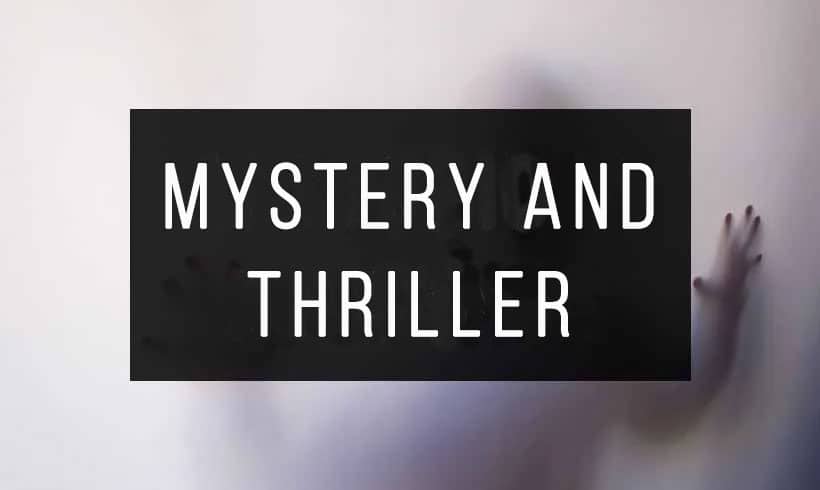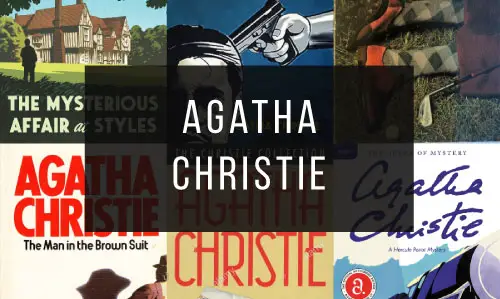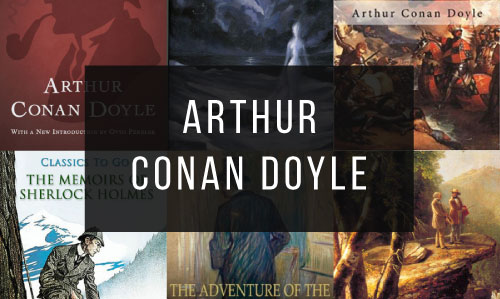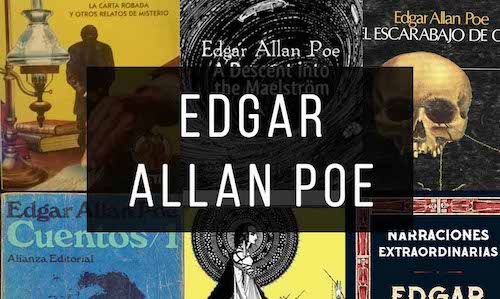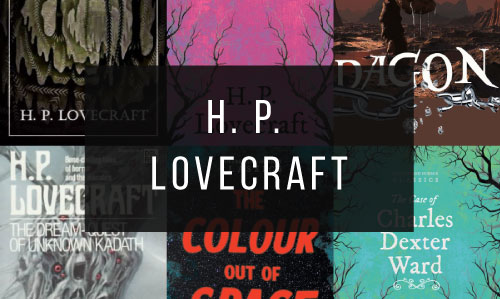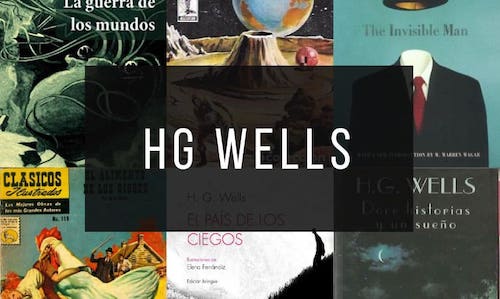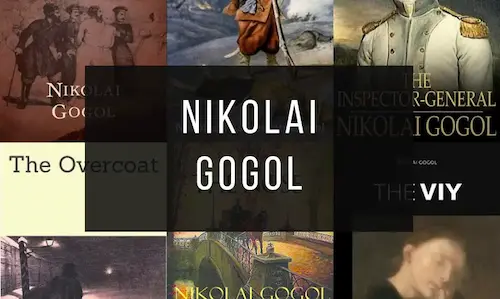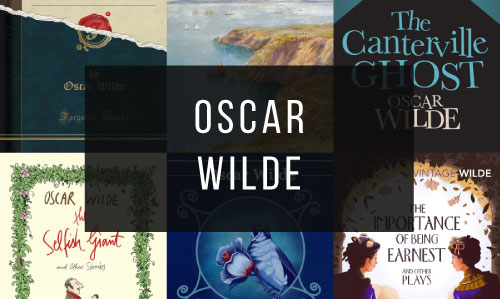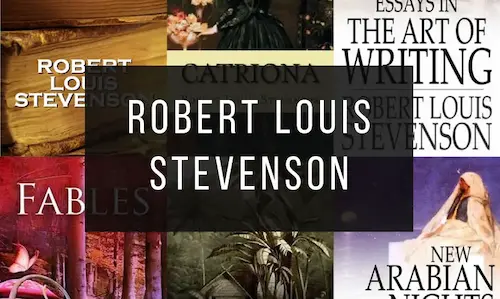Welcome to your new favorite destination to dive into the thrilling world of mystery and suspense books!
If you’re a lover of stories that keep you on the edge of your seat, you’ve come to the right place. Here you’ll find an exceptional collection of mystery and suspense books available for free download.
Whether you’re a fan of detective intrigues, psychological thrillers, or supernatural suspense novels, we’re confident that you’ll find something here to captivate you from the first page.
Furthermore, by downloading our mystery and suspense books, you contribute to the spread of culture and support access to quality literature for all. We want more and more people to discover the pleasure of getting lost in a good book and experiencing intense emotions through words.
Don’t wait any longer to immerse yourself in the fascinating universe of mystery and suspense books. Explore our page, download your next read, and prepare to experience moments of unparalleled tension and excitement.
We’re sure you’ll want to come back for more!
1) Detectives Books
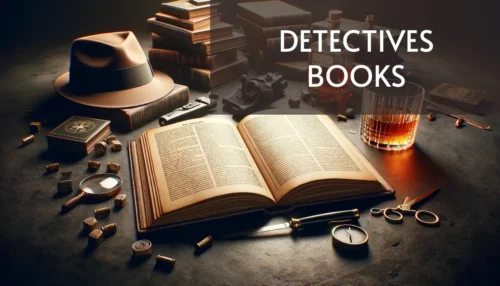
Detective fiction is a subgenre of crime fiction and mystery and suspense fiction, in which an investigator (most often a detective, professional or amateur) investigates a certain crime, usually a murder.
It has a very well defined structure, even when the narrative does not respond to the chronological presentation of the events. It is made up of three parts:
Introduction: The crime, murder or criminal enigma is presented.
Nudo: Multiple questions are raised, different possible suspects and the investigation is delved into.
Outcome: The murderer is discovered or the enigma is solved (the outcome is not open).
In this type of novels the detective never fails, therefore, we will always obtain the answers to the questions planted in its pages at the end. They never talk about perfect crimes. The reader usually identifies with the investigator and experiences firsthand the investigations that reconstruct the crime until they find the murderer.
2) Intrigue Books
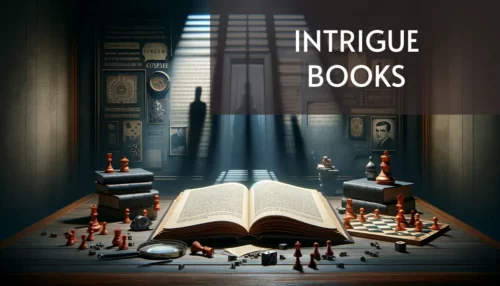
In the field of literature and cinema, the idea of intrigue refers to the set of events that constitute the core of a work. It is about that which arouses interest in the public, causing tension while waiting for its resolution.
Intrigue is attractive to us by nature, because it touches us in the deepest part of our being, in a region where we find our curiosity, our sense of adventure, a series of very primitive sensations that no matter how much we try to cover with the customs of modern life, have accompanied us from the origin of our species and can come to light spontaneously, without asking our permission.
Conspiracies and confabulations are circumstances in which intrigue is the most characteristic element.
3) Killer Books
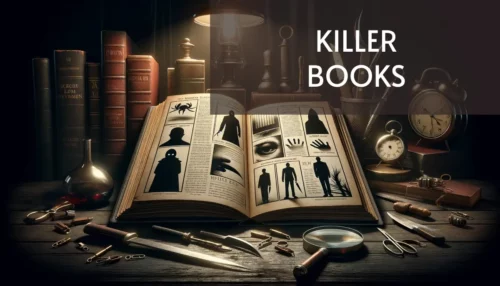
Murder is the act by which a person intentionally takes the life of another, with treachery, cruelty, or compensation for the act being performed. In case none of the three previous circumstances appears, we would be talking about a homicide.
This type of event has always generated and aroused curiosity; the intrigue, wanting to assume the role of the detective and doing justice awakens in us the desire to see or read these stories. So they do not escape as a source of inspiration in the literature, trapping us in this world of evidence and placing in us the desire to study the behavior of the murderer, why did he do it?
Whether in the detective novel or the crime novel, during the execution of the murder the criminal has made sure not to make any mistakes or leave any evidence behind him. He is not intimidated, he does not act suspicious, so it will become a challenge for the detective.
4) Mystery Books
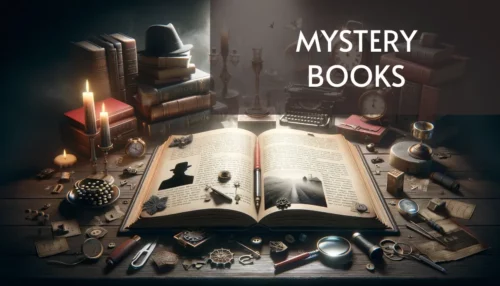
Mystery literature, also known as detective fiction and crime novels, is a specific type of thriller. Mystery stories begin with a crime as the central conflict and present clues and suspects throughout the story to allow for a final resolution through logical deduction.
Most mysteries include a professional or amateur detective who guides the reader through the solution of the crime. In some cases, readers are presented with enough evidence to correctly solve the mystery themselves. In others, they must follow along with the characters until the final revelation at the end of the story.
Since its development in the 19th century, the basic formula of mystery has changed relatively little, although it has taken on many forms. In the first decades of the 20th century, crime fiction became the norm, while Cold War-era writers turned them into politically motivated spy and mystery stories.
5) Police Novel Books
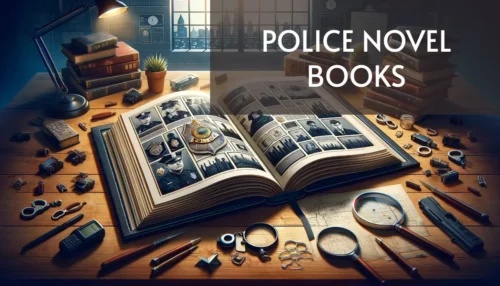
A police novel (or detective story) is an extensive narrative prose that tells a story in which the plot includes a criminal enigma (crime, murder, or other), a police or investigative action carried out by the protagonist(s), and the discovery of a perpetrator or the resolution of the mystery, usually with suspense and surprise for the reader.
The police story is purely urban and was born at the same time as the security forces in European and North American cities at the beginning of the 19th century. Edgar Allan Poe is considered the father of the detective story, which began in 1841 with his story The Murders in the Rue Morgue.
To Poe we owe the first literary detective, Auguste Dupin, who served as an inspiration to the celebrated Sherlock Holmes. The success was overwhelming from the beginning and his stories sold like hot cakes.
6) Thriller Books
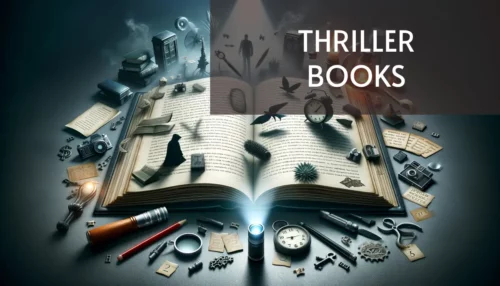
We all know how to recognize a good thriller story: it is the one that keeps us on edge, that pushes us to keep turning the pages until we find out if this terrible thing that seems to be about to happen is finally happening. Suspense -or thriller- is not so much a genre as an emotion, and it is not defined by its topics, which can range from police intrigue to family drama, but by the way it is told; it is a how and not a what.
For the suspense to exist, the participation of the public is necessary, who must be involved with the events. The author has to suggest clues about the possible outcome of the conflict, so that the viewer or reader can infer or assume what is about to happen. Finally, the resolution of the knot must be carried out logically and according to the credibility of the genre.
The technique of literary thriller, similar in many aspects to cinematographic thriller, is based on transmitting to the reader a sensation of imminence, a growing restlessness that is achieved with an efficient plot, an adequate rhythm and a meticulous construction of scenes.
7) Vampire Books
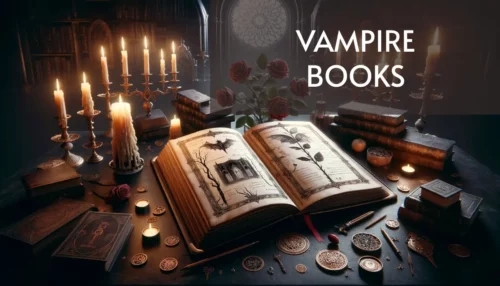
Vampires have an aura of darkness and charm that has captivated many readers of vampire literature. It is that effect of fear, combined with an inevitable attraction that has captured the public’s attention for centuries.
The figure of the vampire comes from literature and its origins date back to the 18th century, although it was the 19th century that produced the narrative stories that would make way for Bram Stoker’s great Dracula.
The 20th century was not left behind, it was during this period that a creature that was completely demonic and despicable was humanized even more. Since then, it has not stopped evolving and today, many authors continue to amaze us with vampire stories.
8) Suspense Books
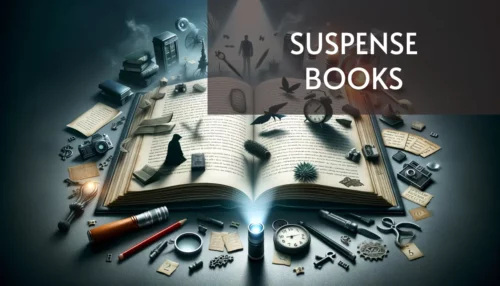
Suspense is a narrative technique that manages to keep us hooked, it is like a power of seduction that the authors strategically employ to captivate us in the development of the story.
Aside from fear, another characteristic of the horror genre is suspense. We experience it, for example, when we do not know what may happen to the characters, it generates in us questions that for the moment will not have an answer and forces us to stay in the reading until we find out.
If you are one of those who are fascinated by that feeling or state of uncertainty, doubt, anxiety, feeling a certain degree of tension, you can not miss the Horror and Suspense Books we have available for you for free.


